Indonesia arrests 5 over child recruitment into extremist networks, including veteran with ISIS ties
Densus 88 arrested five suspects for recruiting children into extremist networks across 23 provinces. Over 110 minors were targeted online, and one ISIS-linked suspect allegedly planned an attack on the DPR building, raising urgent security concerns.
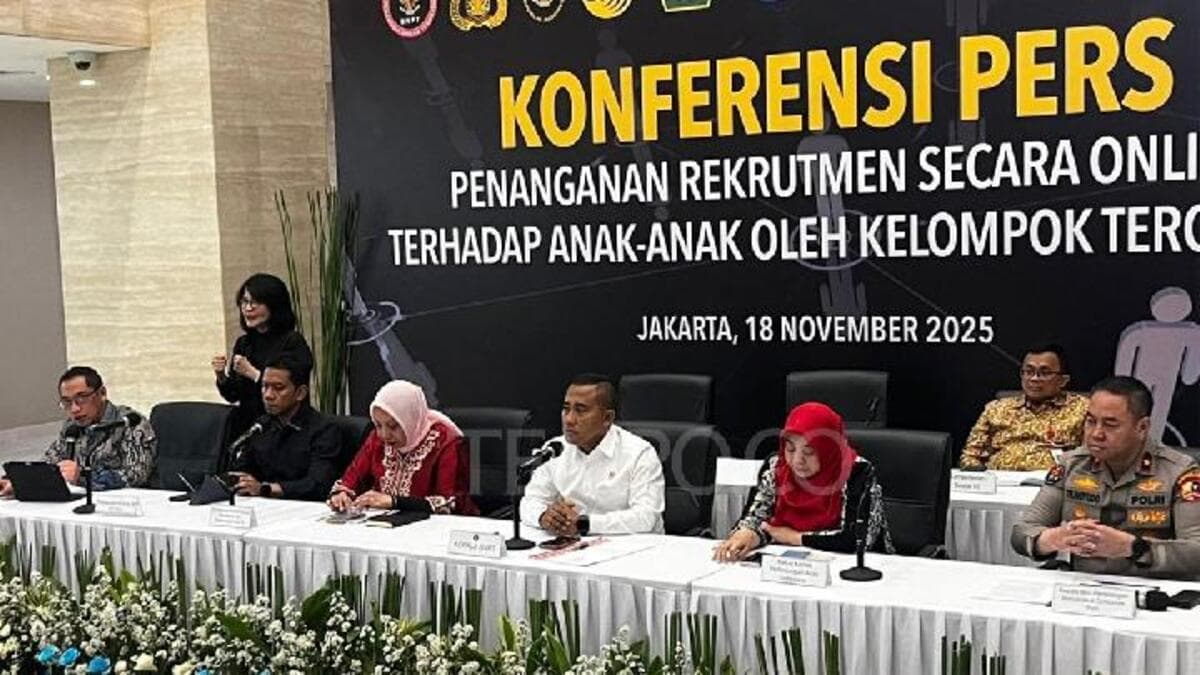
- Densus 88 has arrested five suspected recruiters who lured children into extremist networks online, including a veteran figure linked to ISIS.
- Authorities say the suspects targeted about 110 children, aged 10–18, across 23 provinces, using social media, online gaming, and encrypted groups.
- Disturbingly, one suspect allegedly planned a terror attack on Indonesia’s House of Representatives (DPR) building, prompting urgent law enforcement action.
Indonesia’s elite counterterrorism unit, Densus 88, has apprehended five individuals accused of recruiting minors into extremist networks.
In a startling revelation, police say one of the suspects — a veteran with previous convictions — planned a terror attack on the DPR (House of Representatives) building, compounding concerns over digital radicalisation.
Authorities report that over 110 children aged between 10 and 18 from 23 provinces may have been exposed to these recruitment efforts.
Veteran Recruiter with ISIS Ties
According to local media, Antara News, Densus 88 spokesman Adj. Senior Comr. Mayndra Eka Wardhana revealed that one of the five suspects is what he called a “long-time player”—a former extremist who had already served a prison term before allegedly resuming recruitment activities.
Mayndra stated that this individual is affiliated with ISIS, or the local branch Ansharut Daulah, but did not specify which of the five suspects he was.
The DPR Attack Plan
According to Densus 88, one of the arrested recruiters had expressed a desire to conduct a terror attack at the DPR building in Jakarta.
Mayndra confirmed this during a press briefing, though he declined to provide operational specifics or name which suspect was behind the threat.
The planned targeting of the parliament complex, a symbol of national importance, underscores how child recruitment is not just ideological but directly linked to operational terror ambitions.
Recruitment Strategy: Digital Pathways
Densus 88 detailed that the suspects used a sophisticated, multi-step online strategy:
-
They posted fantasy-themed content on social media to attract young people.
-
In online gaming platforms, they used in-game chat to build rapport before moving children into encrypted messaging groups.
-
These private chat groups then became sites for ideological indoctrination, where extremist ideas were introduced gradually rather than all at once.
Mayndra explained that the indoctrination does not start with overt promotion of terrorism itself. Instead, the children are “groomed” — first engaged emotionally, then slowly exposed to radical ideology in smaller, tightly controlled groups.
Nationwide Reach and Alarming Scale
With 110 children from 23 provinces implicated, this operation is not isolated. Densus 88’s mapping indicates a widespread online radicalisation network.
Mayndra pointed out that the scale of recruitment among minors is deeply concerning, especially given how quickly it leveraged digital platforms that children commonly use.
Preventive Action and Security Measures
Authorities emphasised that taking down the recruiters was not just about ideological disruption — it was also about physical security. The revelation of the DPR attack plot triggered swift law enforcement action.
In addition to arrests, Densus 88 said they are boosting preventive efforts:
-
Monitoring digital channels
-
Working with BNPT (National Counterterrorism Agency) and Komdigi (for digital countermeasures) to push educational and positive content online.
-
Intervening early when signs of radicalisation appear among children.
Political and Institutional Response
The threat to the DPR has raised alarm among political leaders.
Commission III of the House of Representatives, responsible for legal affairs, has publicly stated its confidence in the current security arrangements at the parliamentary complex, saying they believe protections are “maximal.”
However, the uncovering of a recruitment cell targeting minors — and plotting a political-symbolic attack — is likely to intensify debate over how to balance civil liberties, online regulation, and national security.


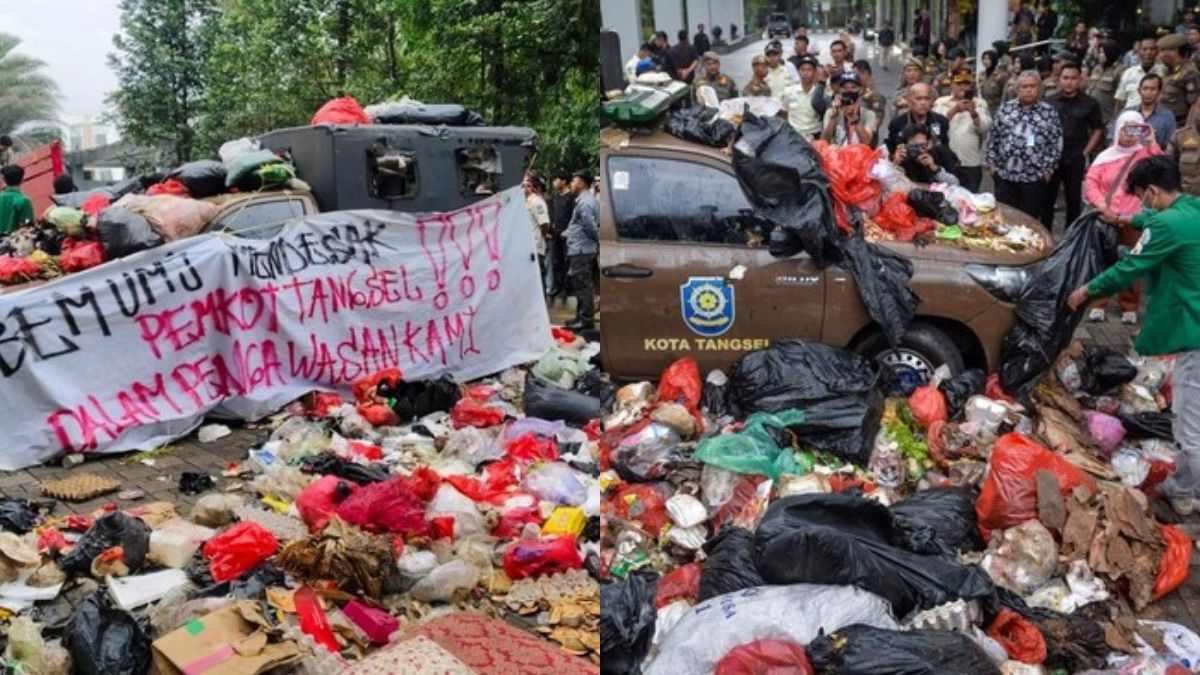
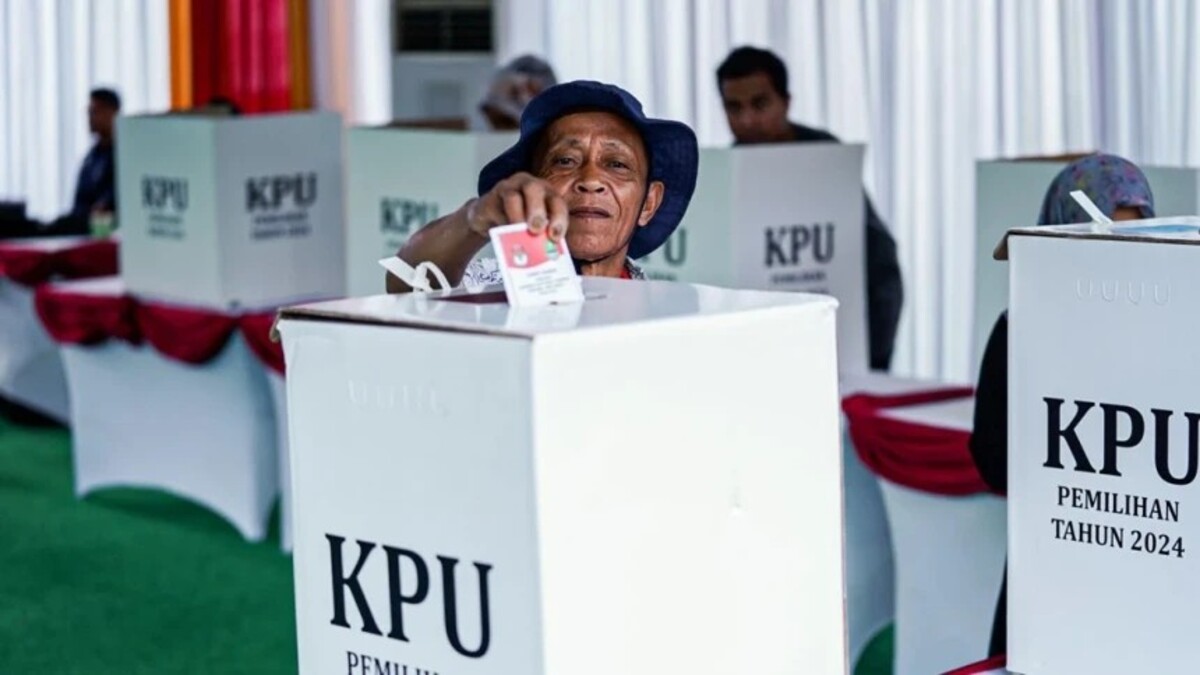
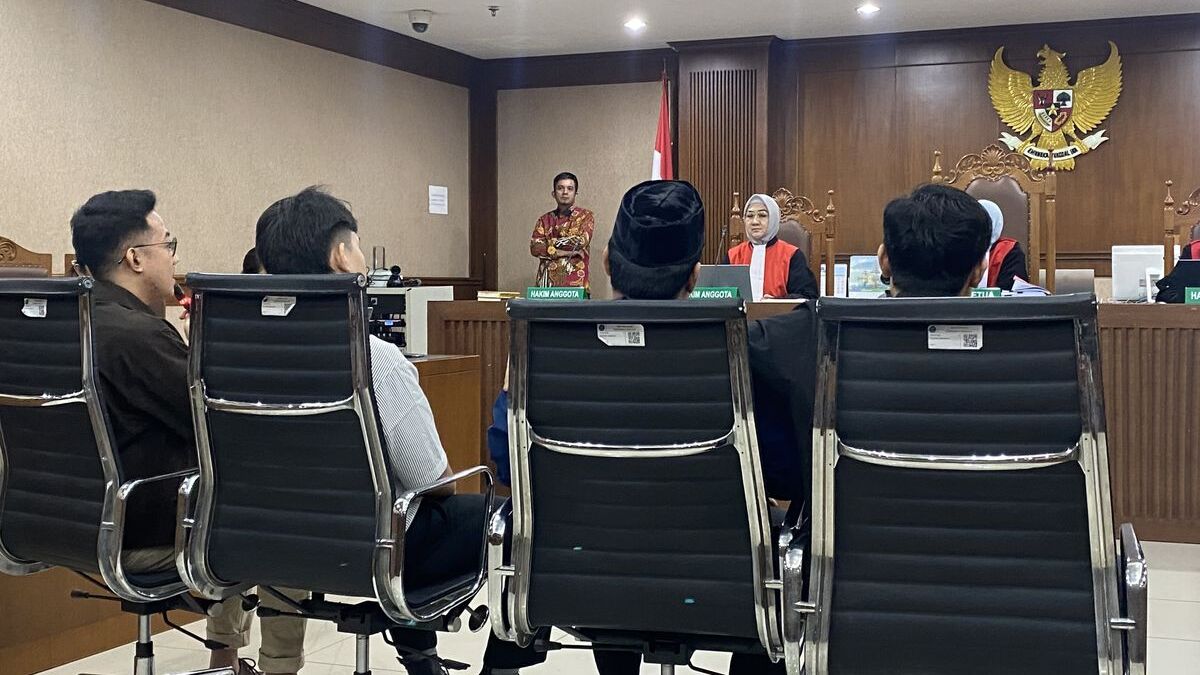
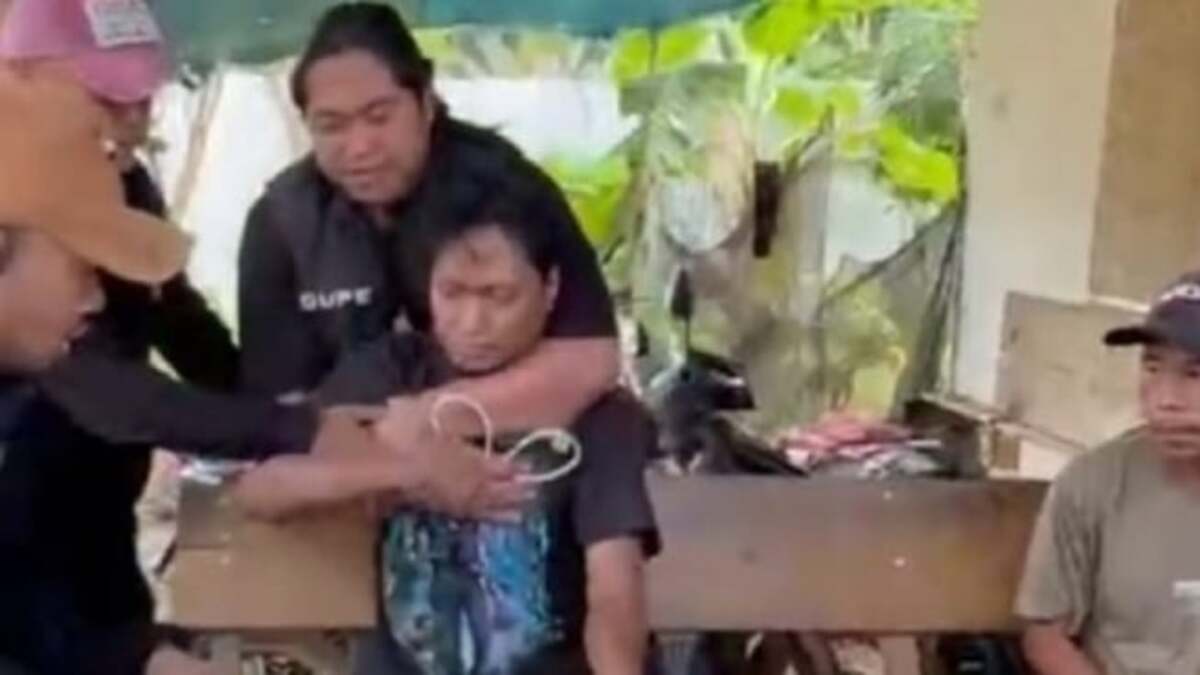

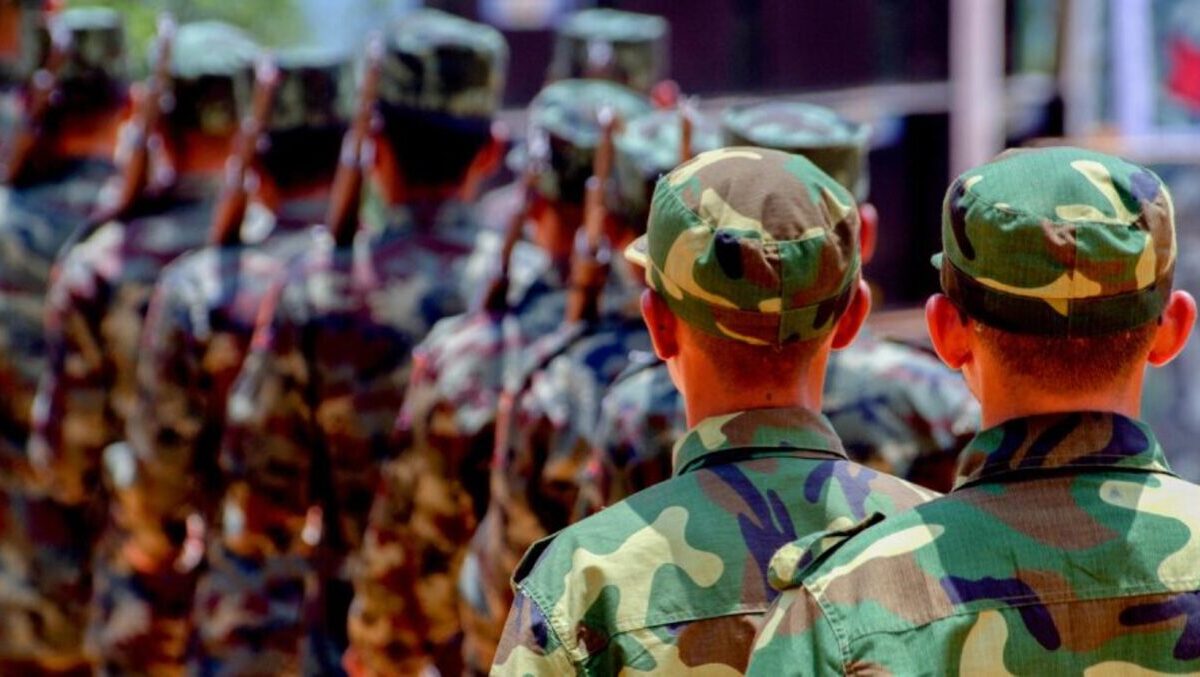
0 Comments